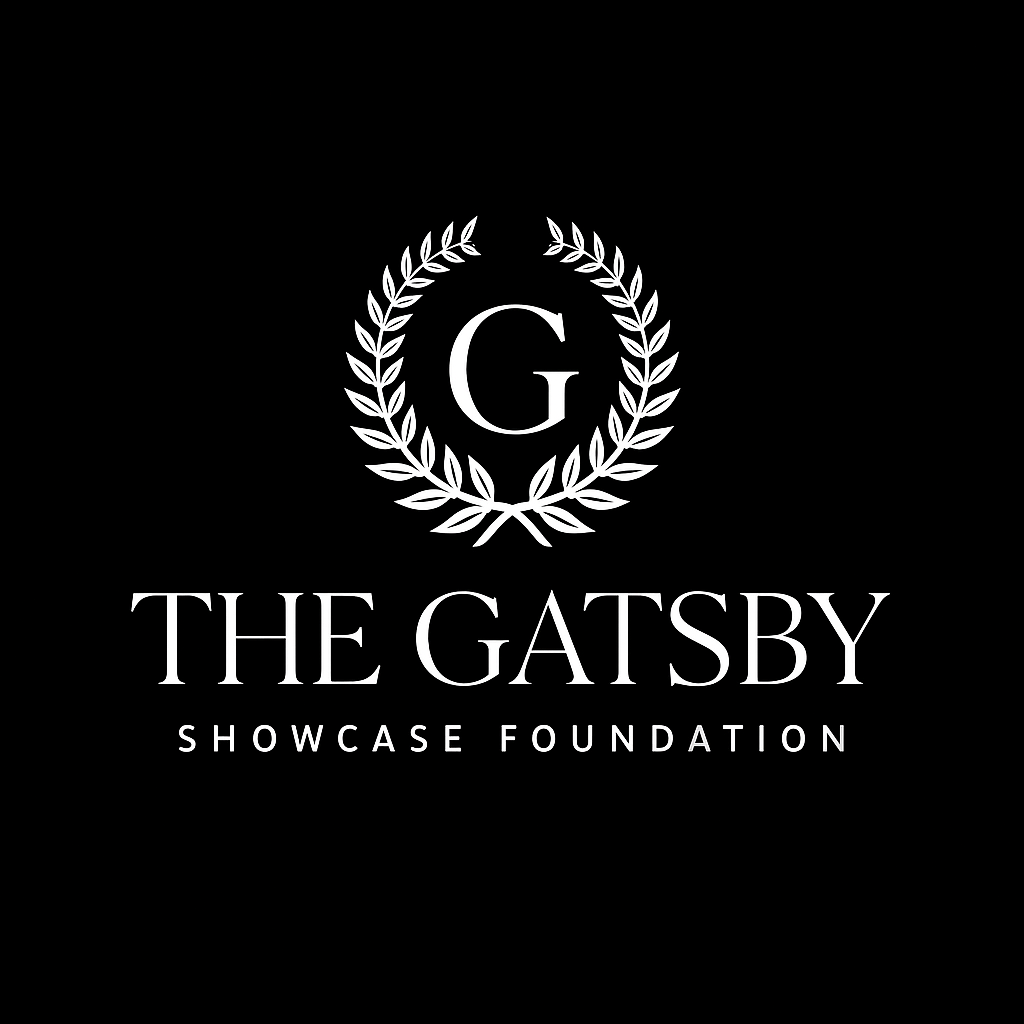Hope in Every Step: Advancing Breast Cancer Awareness and Equity
Why This Matters
Every October, pink ribbons line our streets, events are held across the country, and conversations about breast cancer take center stage.
But beneath the color and campaigns lies a deeper truth—breast cancer remains the most commonly diagnosed cancer among women worldwide, and inequities persist in who gets screened, who gets treated, and who survives.
This month, we join the call to action for Breast Cancer Awareness.
It’s not just about awareness—it’s about access, education, equity, and support.
Especially in underserved communities, where survival rates still lag due to delayed detection and limited care.
Breast Cancer: By the Numbers
-
1 in 8 women in the U.S. will be diagnosed with breast cancer in their lifetime.
-
Black women are 40% more likely to die from breast cancer than white women, despite having slightly lower incidence rates.
-
Only 64% of uninsured women aged 50–74 received a mammogram in the past 2 years, compared to 82% of those with insurance.
-
Early detection significantly improves survival—when caught in Stage 1, the 5-year survival rate exceeds 99%.
-
Men can also get breast cancer, though it’s rare (less than 1% of all cases).
Why Early Detection Matters
Breast cancer doesn’t always show symptoms right away. That’s why regular screening is critical.
Mammograms can detect tumors before they can be felt—offering the best chance at successful treatment.
Recommended Screening Guidelines
According to the U.S. Preventive Services Task Force (USPSTF):
-
Women aged 50–74: Get a mammogram every 2 years
-
Women aged 40–49: Talk with your doctor about when to start screening—especially if you have a family history
Self-awareness also matters. Monthly self-exams help individuals notice changes such as lumps, pain, or skin differences. While not a substitute for clinical screening, self-exams can lead to earlier evaluation and intervention.
For women with dense breast tissue or a strong family history, additional imaging (like ultrasounds or MRIs) may be recommended.
Screening is not one-size-fits-all—personal risk factors should guide your plan.
Ongoing conversations with your healthcare provider are key to building the right strategy for you.
A DMV Story: Tamika’s Turnaround
Tamika, a 47-year-old mother of two from Southeast DC, hadn’t had a mammogram in over five years. Between juggling two jobs, childcare, and no health insurance, preventive care just wasn’t a priority.
When a mobile screening van visited her church during Breast Cancer Awareness Month, she decided to get checked. The mammogram revealed a small but suspicious mass. Within two weeks, she was connected to follow-up care through a charity program.
Today, Tamika is a survivor and an advocate.
“That van saved my life,” she says.
“Early detection gave me a second chance—and now I tell every woman I meet to get checked.”
Reducing Risk and Promoting Wellness
While not all breast cancer is preventable, certain lifestyle habits can lower your risk:
-
Maintain a healthy weight
-
Stay physically active (at least 150 minutes/week)
-
Limit alcohol consumption
-
Avoid smoking
-
Breastfeed, if possible
-
Know your family history and discuss genetic testing if appropriate
Even small, consistent steps make a big difference—and no one should face a diagnosis or screening alone.
Staying informed about your health through regular checkups, understanding your breast density, and knowing your genetic risk empowers you to make proactive choices.
Community-based wellness programs—especially those led by trusted voices within local neighborhoods—have also proven effective in increasing screening rates and health literacy.
Local Resources: DMV Screening and Support
National Breast Cancer Resources
-
American Cancer Society – Breast Cancer Information & Programs
-
CDC’s National Breast and Cervical Cancer Early Detection Program (NBCCEDP)
Final Thoughts
Breast cancer doesn’t discriminate—but access to care often does.
Let’s use this October to go beyond awareness.
Let’s educate, empower, and extend care to every corner of our community.
Whether you’re a survivor, caregiver, health advocate, or someone due for a check-up—your voice matters. Your health matters.
Let’s keep walking, talking, and fighting together.
Equity in breast cancer care means ensuring every person—regardless of race, income, or zip code—has access to education, screenings, and treatment options.
Let’s uplift survivor stories, fund inclusive research, and advocate for healthcare systems that serve everyone.
Dr. Bertrand Fote, MD, MBA, FACEP, CF2
Health Equity Advocate

